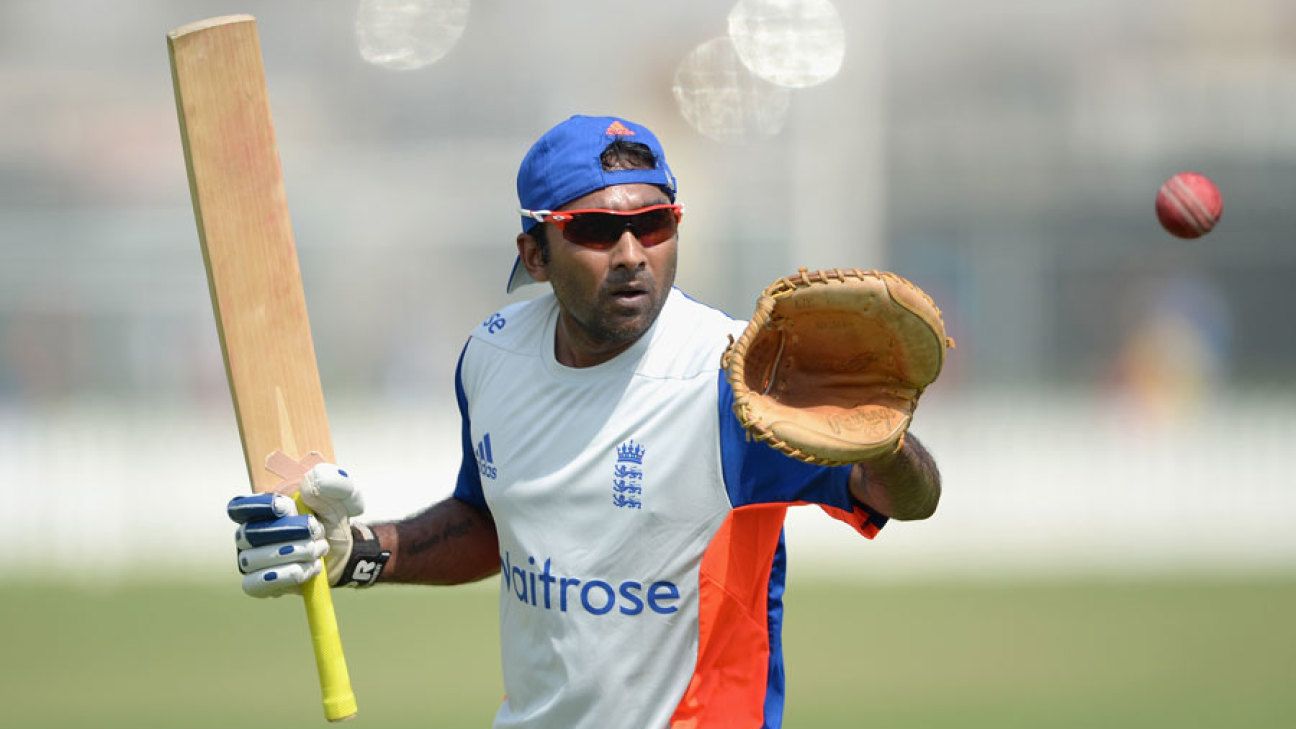Mahela Jayawardene had been invited to play a role in Sri Lanka’s World Cup campaign, but declined largely because he remains disillusioned with Sri Lanka Cricket’s general direction.
Now a two-time IPL-winning coach, Jayawardene has in the past produced plans to overhaul Sri Lanka’s domestic cricket system, only for those proposals to be rejected by SLC. Last year, a committee featuring Jayawardene, Kumar Sangakkara and Aravinda de Silva had also produced a report on Sri Lankan cricket, with recommendations on governance as well as domestic structure. Those recommendations have been almost totally ignored since.
Jayawardene said he had been asked twice to play a role in Sri Lanka’s backroom for the World Cup – once by Sri Lanka’s sports minister, and once by SLC’s CEO towards the end of the recent IPL. He turned the offers down.
“I was [invited] but I have several other commitments. More than that, I didn’t understand the role I am expected to play,” Jayawardene told Sunday Times. “There’s no point in me getting involved tactically, or whatever, if I don’t have a say in the whole structure. The team is selected and everything is done and dusted. There is no room for me to come in and add something.
“I am still happy to contribute in my little way with the management of the team, but nothing to do with the SLC. That’s something I have told myself as well. I just don’t have the appetite to come and work for anybody when I know that it’s not the right place for me.”
Jayawardene had been especially dismayed by SLC’s failure to seriously consider the recommendations put forward by his committee last year. That report had been commissioned by Sri Lanka’s sports ministry.
“We created a professional cricketing structure spending eight months,” he said. “We offered to set it up for them but they rejected it. We did it because we don’t want to lose our cricketers going to Australia and to league cricket in England. We need those experienced players in our system.
“There are some teams in our first class system where the average age is 25, which is sad. When we played, we had so many senior cricketers to guide us. Without them in our system, we cannot build a strong domestic cricket structure. And without doing that, there’s no point in building stadiums.”
“He gave in to cricket politics. He allowed other people to make decisions and did not stand up for his players. I have told him this as well and he accepts it.”
Jayawardene on Angelo Mathews
Jayawardene also criticised aspects of Angelo Mathews‘ and Dinesh Chandimal‘s leadership, whose failures he believes contributed to the rapid recent turnover of captains in the Sri Lanka side. Mathews was captain of all Sri Lanka’s teams when Jayawardene retired in 2015, but since then, Chandimal, Thisara Perera, Lasith Malinga, Chamara Kapugedara and – most-recently – Dimuth Karunaratne have held the reins. This instability is understood to have contributed to Sri Lanka’s serious decline in ODIs.
“The only advice [Kumar and I] gave Angelo was not to give in to cricket politics,” Jayawardene said. “He needs to be a stronger leader, to be with the players and do the right thing. But he gave in to cricket politics. He allowed other people to make decisions and did not stand up for his players. I am being honest. I have told him this as well and he accepts it. If he hadn’t give in, we would probably not be in this situation today. Even if I see him today, that’s the only complaint I will have against him.
“The number one rule in Sri Lanka is, if you are the captain, lead by example and do not allow any outsiders coming into that setup. That’s the only way we ran the show and survived. It was unfortunate and it was not easy, either. You need to deal with a lot of unwanted elements. But if you are a strong character, that’s something you have to do. I have nothing against him. He is a brilliant cricketer and a wonderful person but he did not handle this situation well. He should be the one who is leading this team at the World Cup. He had to give up because it was too much for him. But it was his fault.
“I think [Chandimal’ was another victim of cricket politics. In the sense, he was another player like Angelo Mathews who was snared to elements behind the scene and went along with them rather than taking control of the team and being a strong leader.”
